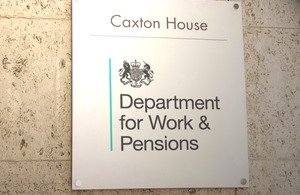
Demand for flexible hours to stave off retirement

Almost half of workers would stay in work if they were offered more flexibility by their employers in later life, according to new research.
Forty seven per cent of workers responding to the latest British Social Attitudes Survey (BSAS) said that they would work longer before retiring if their employer were to offer more flexible hours.
A similar proportion of respondents said they would want to work part time (46%), or take on a less demanding role (30%).
The latest official employment figures showed that there were more older people in work than ever before, with the employment rate for older workers at a near-record 70.8%.
It is predicted that by 2020, 30% of British workers will be aged 50 and over.
Other findings in the report showed:
▪ nearly two-thirds of employees said that they expect to retire in their 60s
▪ approximately 30% of 18 to 24 year olds and 21% of 25 to 34 year olds expected to retire in their 70s
▪ more people reported a good or reasonable knowledge (47%) of pensions issues, compared to the BSAS in 2011 (33%)
Employment Minister Damian Hinds said: “There are more older people in work than ever before, but we know that many leave the workforce earlier than they’d like.
Having greater flexibility over when and for how long they work is clearly something that appeals to many people.
Encouragingly, we’re seeing more employers taking on older workers as they recognise the benefits of having them on the payroll.
“But we want to go further to help more older people stay in employment, which is why in the new year we will publish a strategy led by employers on how we plan to do it.”
The BSAS is an annual face-to-face survey run by NatCen for over 30 years involving approximately 4,300 people in private households, aged 18 and over. They are selected at random to provide a representative picture of attitudes of the population.
The Department for Work and Pensions funded a set of questions in the 2015 BSAS relating to working in later life. Respondents who were currently employed were offered a list of things that their employer could do to help them keep working. There were 1,437 responses to this question.
